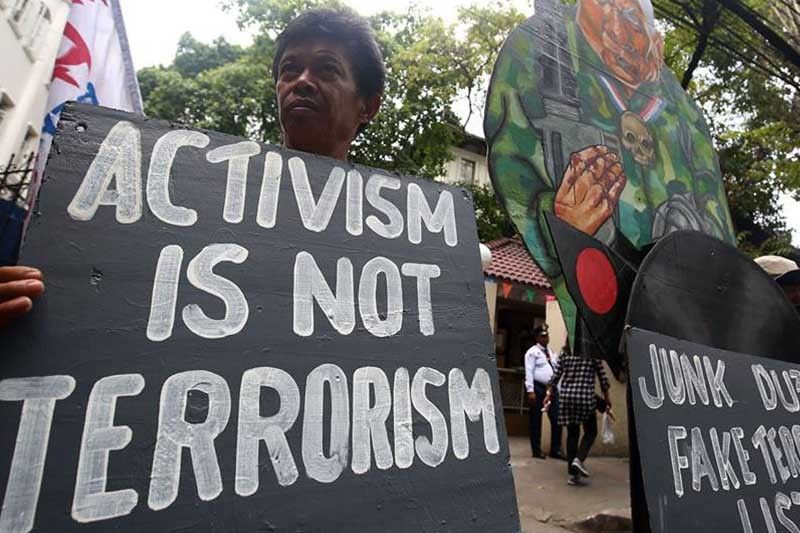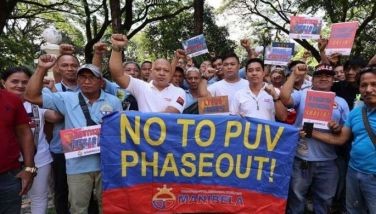Report: ‘Alternative pathways’ for activism, monitoring human rights offer hope

MANILA, Philippines — Emerging ways of activism and human rights defending can be an opportunity to keep human rights intact amid shrinking civic spaces in the Philippines, a new study showed.
Among these new initiatives include using art and forming “communities of care,” which Civic Futures noted to be some of the promising opportunities to reshape civic spaces in a country transformed by an administration’s weaponization of security.
“These alternatives present pathways to reshape activism for human rights and offer possible levers of change that donors and other stakeholders can pay attention and direct resources to in the next few years,” Civic Futures noted.
Civic Futures is a venture founded by the Funders Initiative for Civil Society and the Fund for Global Human Rights. It aims to “keep civic space everywhere open” as it tracks “repressive NGO laws and the persecution of activists for more than a decade.”
The research noted that the previous administration headed by President Rodrigo Duterte waged three “wars”—most notably, against drugs, counterinsurgency, and the unprecedented COVID-19 pandemic that elicited a militarized pandemic response from the government.
The study also said red-tagging, or accusing someone to be part of the insurgency without basis, “emerged as one of the most pervasive and harmful ways” the government as well as police and military personnel curtailed freedoms of individuals.
Activists in the Philippines have repeatedly been “red-tagged” either by individuals in power or by state forces themselves.
READ: Red-tagging, journalist attacks continue in Philippines – US report | Red-tagging used to harass, threaten IPs opposed to gov't-backed projects — groups
The Duterte adminsitration utilized its police and military manpower, from addressing the country’s so-called drug problem to a health crisis.
READ: Is deploying cops really a 'tried and tested' pandemic response?
The administration’s deadly "war on drugs" saw thousands of deaths of alleged persons who used drugs, some of whom killed without due process. It was Duterte himself who ordered police forces to kill anyone who they believe is involved in the drug trade.
No Box Philippines is among the groups geared towards a health-focused and harm reduction response, instead of police action.
The online advocacy of #HijaAko—borne out of a criticism by Frankie Pangilinan, daughter of former Sen. Kiko Pangilinan, of a municipal police station telling women to dress appropriately to avoid harrassment—paved the way for women to share their stories online.
“These campaigns strategically reclaim online platforms as a safe space to tell their narratives of abuse and sexual harassment and demand accountability from powerful personalities and institutions complicit in such violations,” Civic Futures said.
- Latest
- Trending
































